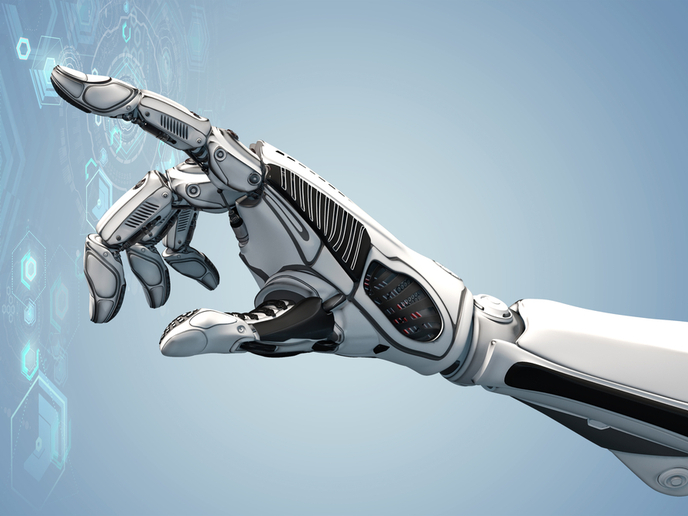Innovative approaches for more human-centric European manufacturing work settings
The EU-funded MAN-MADE(opens in new window) (Manufacturing through ergonomic and safe anthropocentric adaptive workplaces for context aware factories in Europe) project created new concepts and solutions for existing and new production plants. Overall, the aim was to enhance flexible, safe and smart production where adequate levels of automation are applied together with highly satisfied and skilled workers. To achieve its aims, MAN-MADE centred on four overriding pillars: anthropometric characterisation, knowledge capture and factory-context model definition; workplace design and deployment; production planning and work organisation; and production integrated in the social environment. Project partners developed several anthropocentric workplace technologies. These include a 3D camera system that measures and stores anthropometric data; a tool that assists companies in assessing physical, intellectual and sensorial capacities of their workers; and a tool that identifies key characteristics of factors such as tasks, workplaces and equipment that are linked to or affect workers and the proper performance and safety of their job. A sustainability assessment tool allows manufacturers to evaluate different processes and products/services across economic, social and environmental impact indicators. Yet another tool assesses the ergonomic risks of each manual assembly station, while a worker-centric decision-support tool assigns available workers to different tasks and/or jobs. A workplace design methodology matches job demands to worker capabilities. A computer-aided design plugin supports the design of personalised and configurable workplaces by adapting the specific anthropometric characteristics of the worker in order to improve them ergonomically and address particular working needs. A services configurator improves worker satisfaction by matching personal interests with activities and services available in the neighbourhood. Lastly, a web-based application supports the process of assessment of a worker’s potential via qualification and quantification of their knowledge, skills and needs. The platform integrates all the developed tools. Thanks to MAN-MADE, shop floor workers and operators in European manufacturing will be able to enjoy a healthier and safer workplace, one that promotes job satisfaction and skills development and training.







